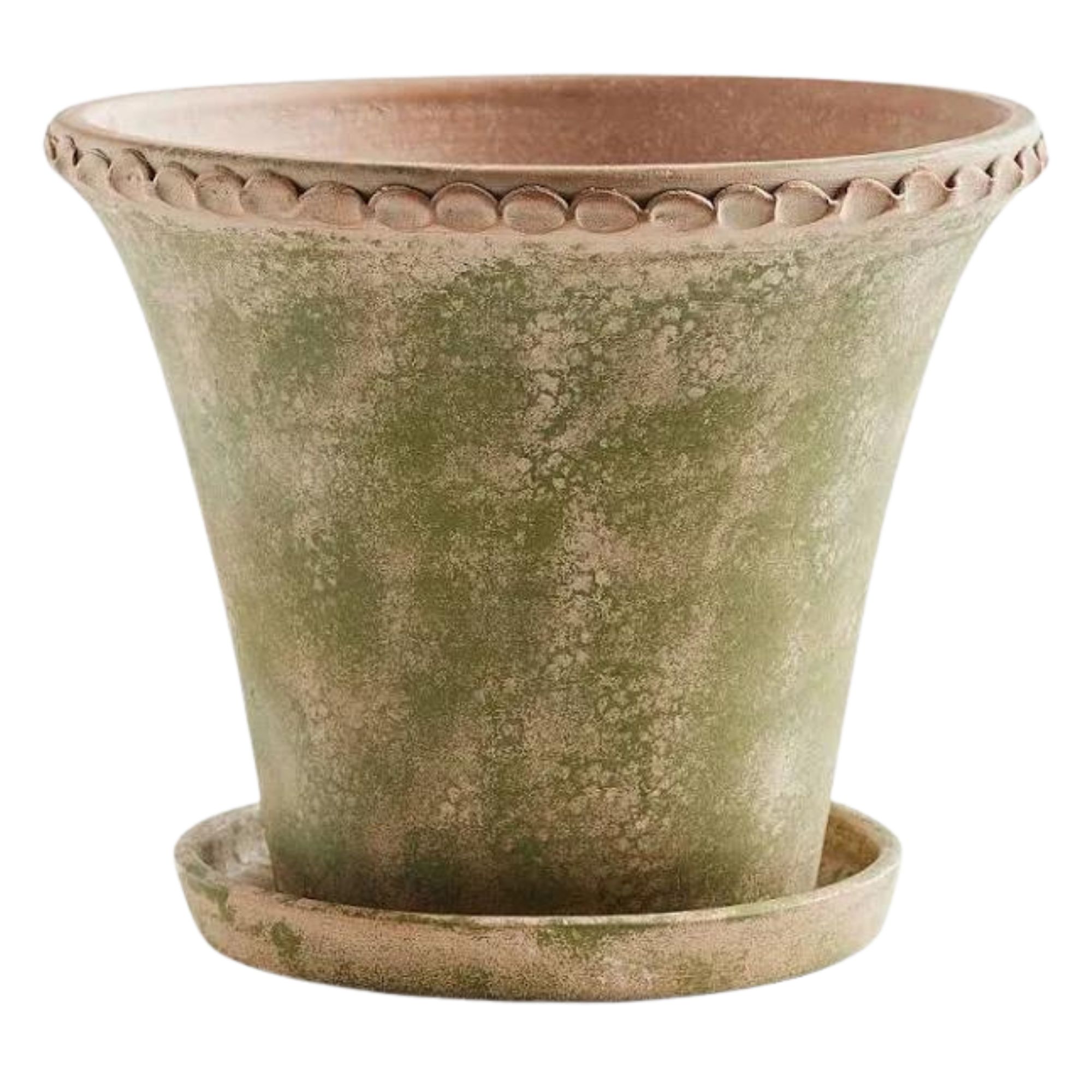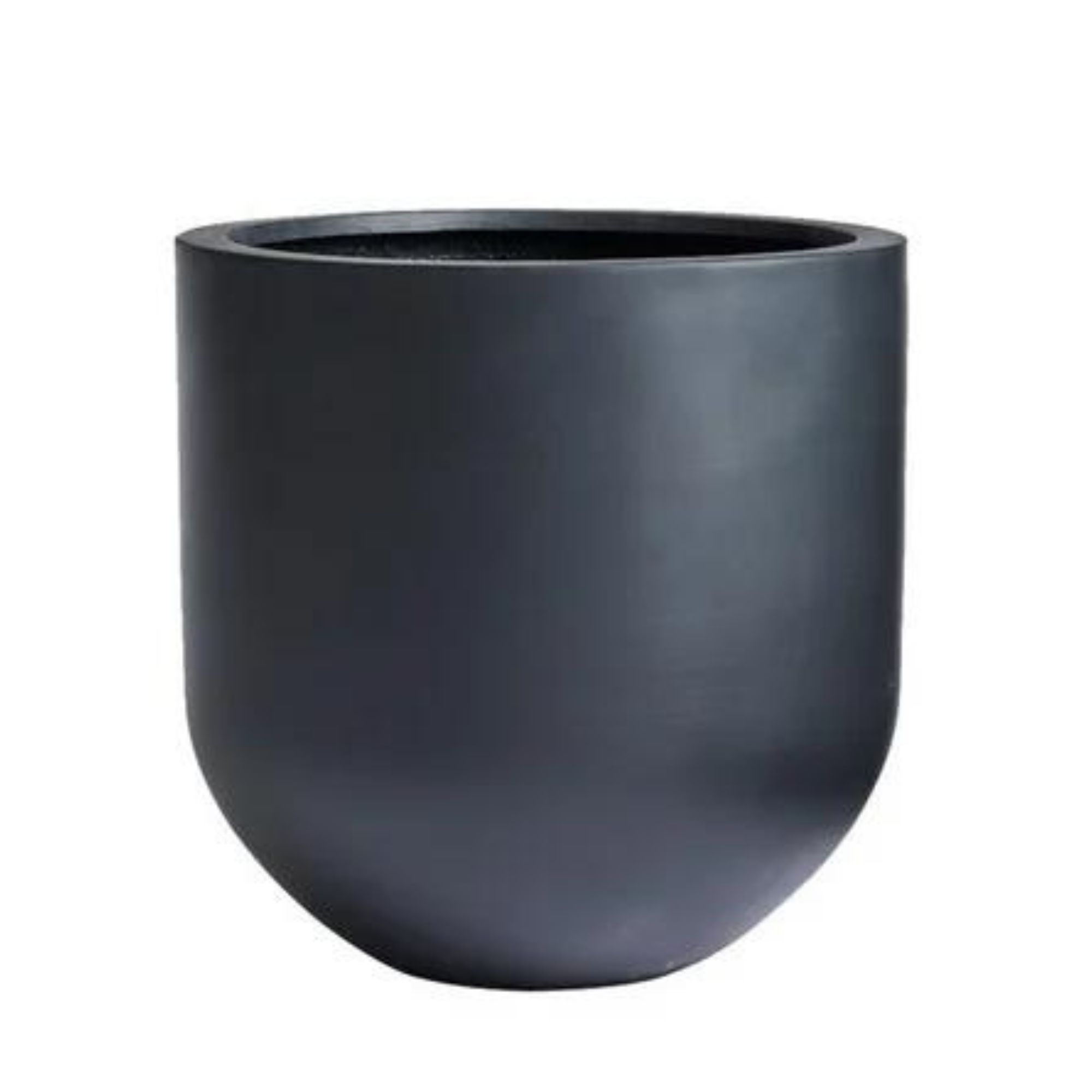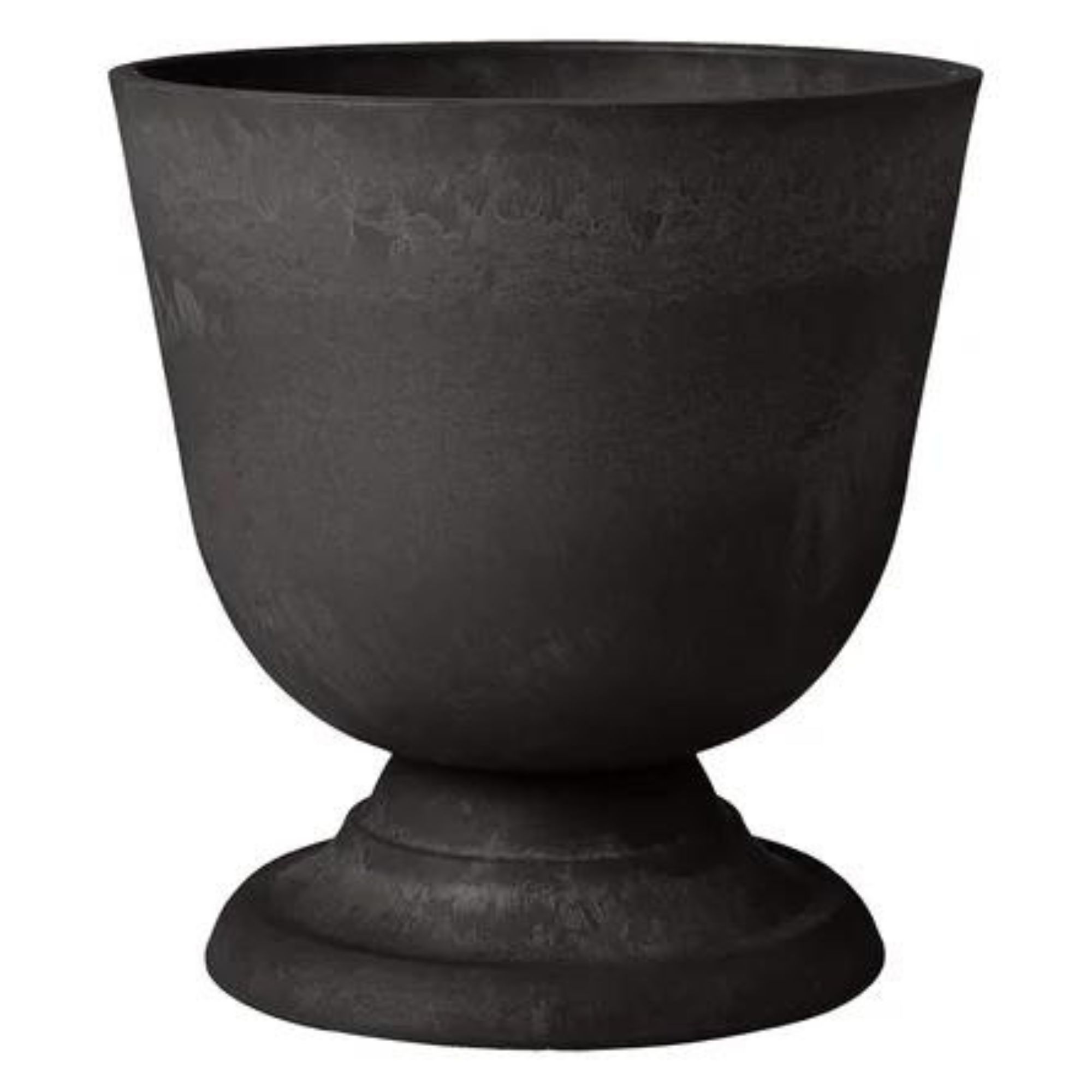'We’ve Been Arranging Outdoor Pots Wrong This Whole Time' — This is How Pros Design With Plants
Turns out there’s a serious art to a successful outdoor potted plant arrangement, and we’ve got the secret thanks to some expert advice
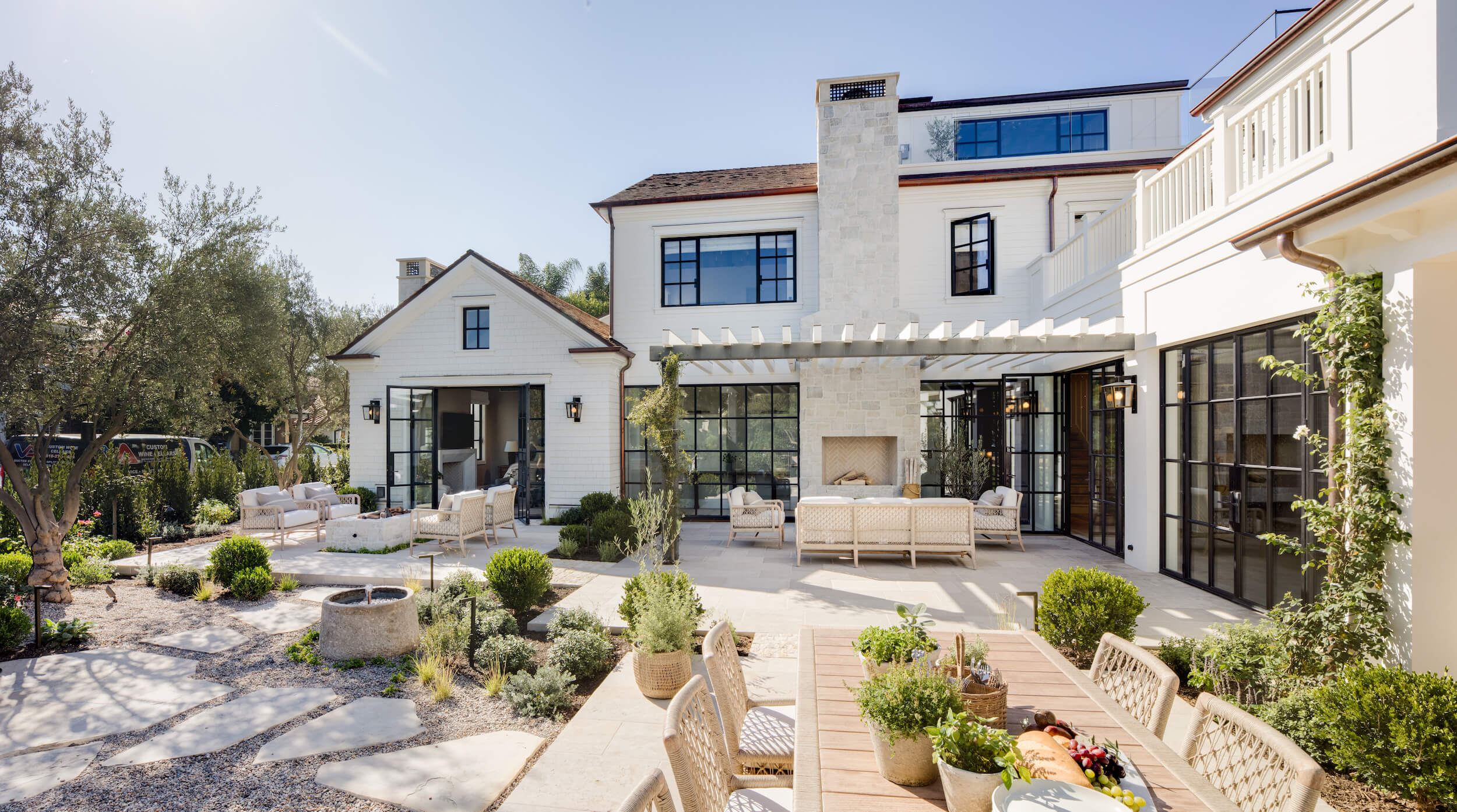
Patios – the kitchen of the yard. It’s where we celebrate with friends, chill out after work and eat, drink (and argue) with our families. No matter how big or small, these communal spaces work hard throughout the summer and deserve some TLC before the season starts.
The way I see it, patio plants should be a movie trailer for the rest of your backyard, bringing together its natural materials and planting highlights to form one cohesive space. But how do the pros make it look so effortless? I’ve rounded up the experts to get their unfiltered advice on how professionals select and arrange patio pots in their award-winning designs.
Spoiler alert: we’ve been grouping pots all wrong!
1. Bridge personality with texture
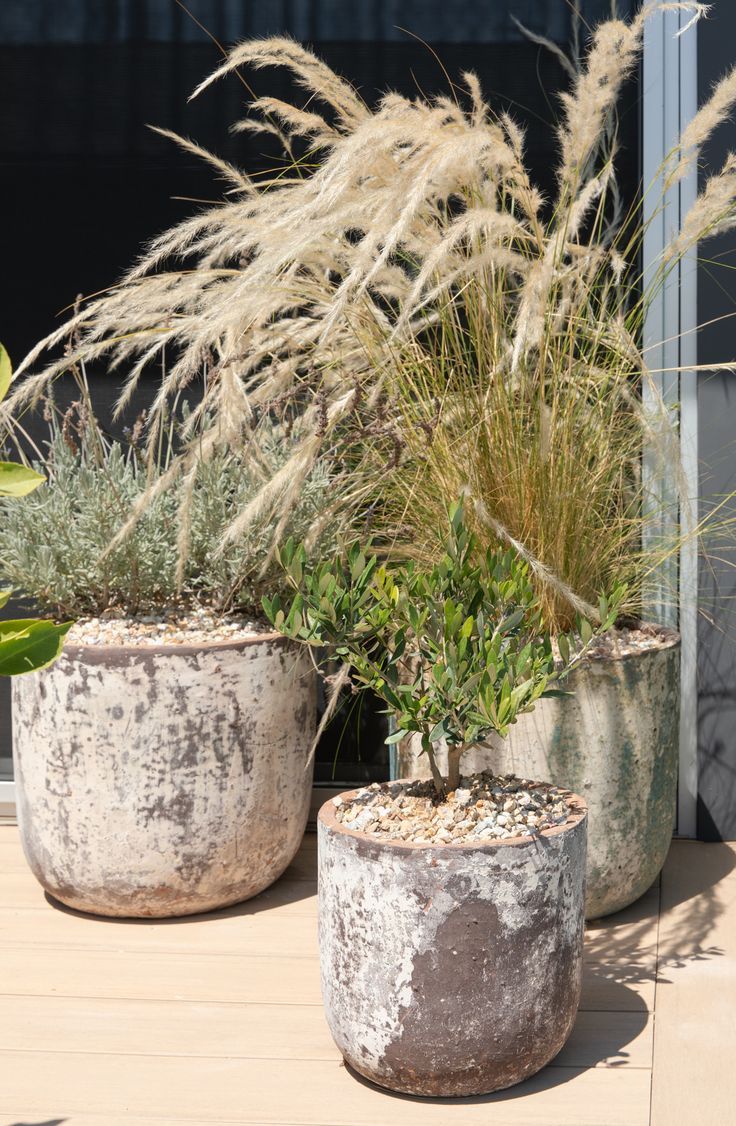
As with all design choices, it’s personal. One man’s chalk is another man’s cheese, so rule number one of pot design and arrangement is choosing what speaks to you. For landscape design expert Thomas Little at Urbangreen Gardens NYC, that doesn’t necessarily mean matching designs.
'The selection of pots and vessels is truly the place where your personality comes through,' he says. 'Match your pots or don’t match them. You can purchase new ones or re-purpose random vessels. We frequently antique our pots.”
For the designers at Garden Studio Design, it’s all about leaning into dimension. 'Assembling a cluster of pots in various corners or focal points of a patio is a fun way to introduce textures and colors as it adds dimension,' they say. 'One of the key elements in making a living area look and feel put together. It’s also important to note that the pots you select should complement one another, the same way the materials in a design would.'
Known for their Mediterranean-inspired minimalist landscapes, the Garden Studio Design team has great advice on their go-tos for pot and container gardening finishes. 'We typically like to do a limestone pot or a textured concrete pot to replicate limestone,' the designers says. 'Limestone and similar finishes are not only extremely durable, but it is a material that has stood the test of time in style and design.'
2. Plan your irrigation
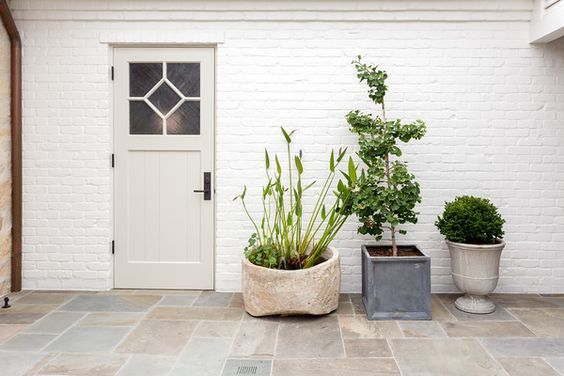
Irrigation is one part of garden design that often gets overlooked. It's crucial to sustain plants in hotter weather, especially in hotter southern zones. As potted plants don’t have access to as much surrounding moisture as bedding plants, it’s super important to consider how you will keep them watered when arranging your patio.
When it comes to how to water plants in pots, the experts have some advice. 'If possible, running a drip-irrigation line through the hardscape for the pots is highly recommended,' The Garden Studio Design team advise. 'This not only prevents water leakage and staining on the hardscape but also allows for convenient automation of the irrigation schedule. Additionally, if hand-watering is the only option, using saucers beneath the pots can help avoid unsightly water stains on the hardscape. These considerations contribute to a more efficient and aesthetically pleasing patio plant design.'
3. Create contrast with colors
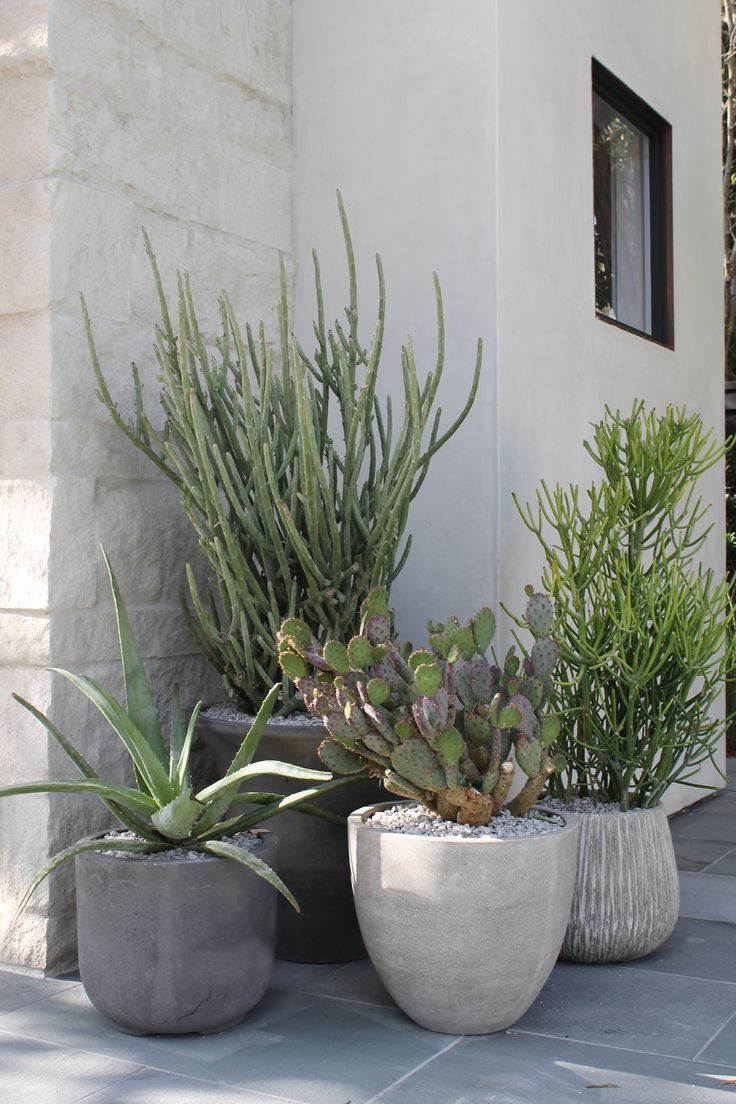
Just as with interior design, color plays a huge part in a successful outdoor potted plant arrangement on a patio. According to Thomas Little, 'Dark, rich colors and black are a classic choice for us as we want to highlight and emphasize the beauty of the plants selected. A plant’s chroma is intensified dramatically when presented before a dark or black background. We find all black brings a cohesive, understated, and more formal air to the space.;
But if you’re angling for more of a light and airy patio design, the Garden Studio Design team advise: 'Lighter whites or dark tones look the best against plants to have the green contrast against them. If you have a pot that has a bit more texture and character, we recommend selecting a more simple shrub i.e. boxwood, pittosporum, and vice versa. If you have a more subtle plain pot, you could add a fun pop of color such as lavender.'
4. The golden rules of grouping
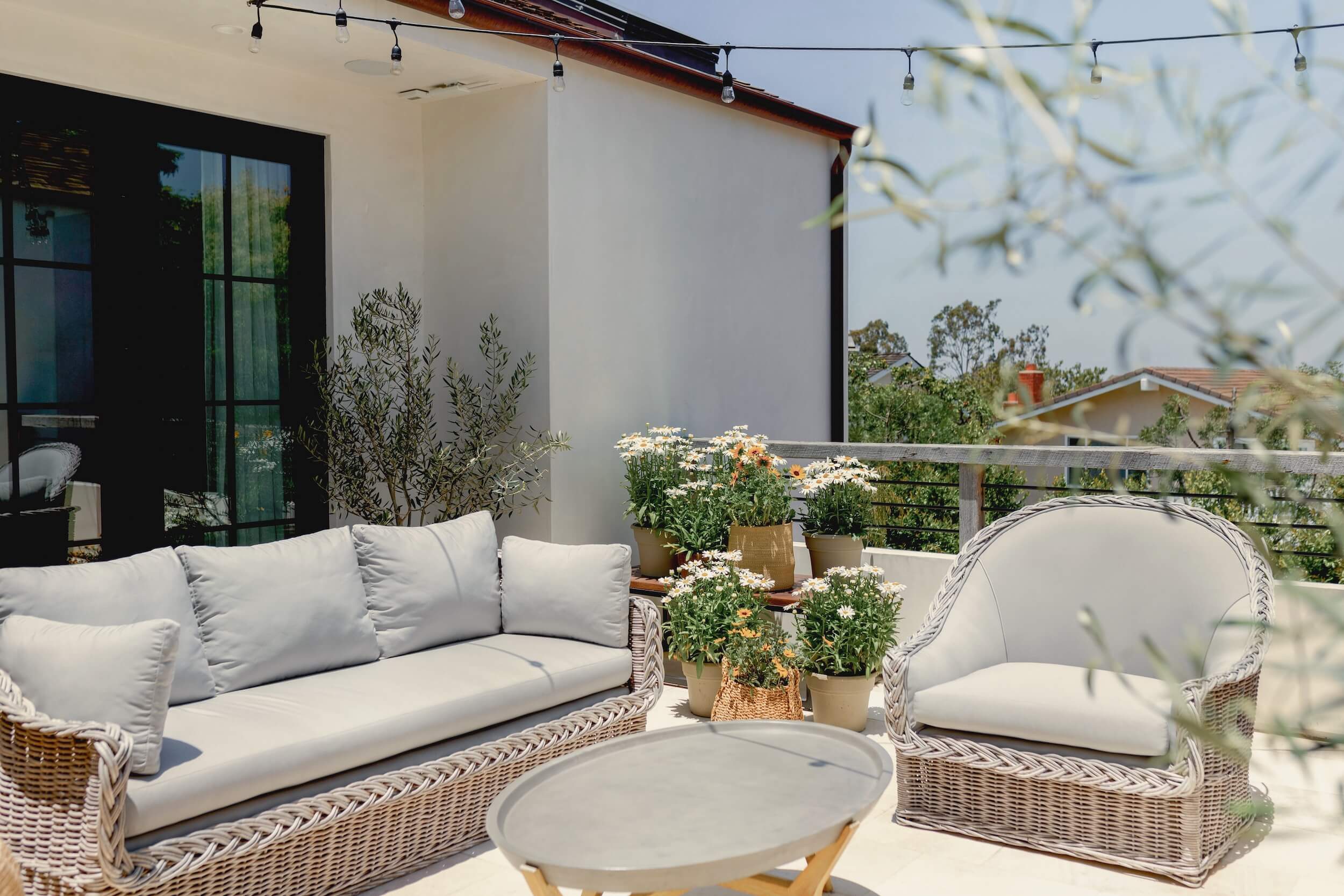
The big question – how and where should you group together your patio pots? Spoiler alert, Thomas Little is changing the game.
'I recommend stacking pots versus grouping them,' he says. 'This comes from my twenty or so years as an urban gardening designer who frequently works in small space-challenged spaces such as the balcony. Think vertically! Opt for taller more slender pots, set smaller pots within these larger pots and maximize the vertical space offered.'
But the golden rule designers agree on: always stick to odd numbers. Thomas adds 'Keep to odd numbered groupings – threes, fives, sevens. Grouping objects in odd numbers gives a sense of playfulness and avoids the seriousness of symmetry.'
The Garden Studio Design designers agree, saying 'The eye tends to favor odd numbers in design, and grouping pots is always a good idea if your space allows for it! We tend to favor grouping pots in threes or fives depending on the area we are looking to fill, and selecting various sizes for a more organic look and feel.'
Be The First To Know
The Livingetc newsletters are your inside source for what’s shaping interiors now - and what’s next. Discover trend forecasts, smart style ideas, and curated shopping inspiration that brings design to life. Subscribe today and stay ahead of the curve.
Matilda Bourne is a freelance homes, gardens and food writer, stylist and photographer. Known for creating and capturing content for multiple international brands, her work has been featured in The Telegraph, The Daily Mail, and Hello! magazine. When she’s not writing, you can usually find her tending to her much-loved garden and scouring thrift stores for vintage furniture.
-
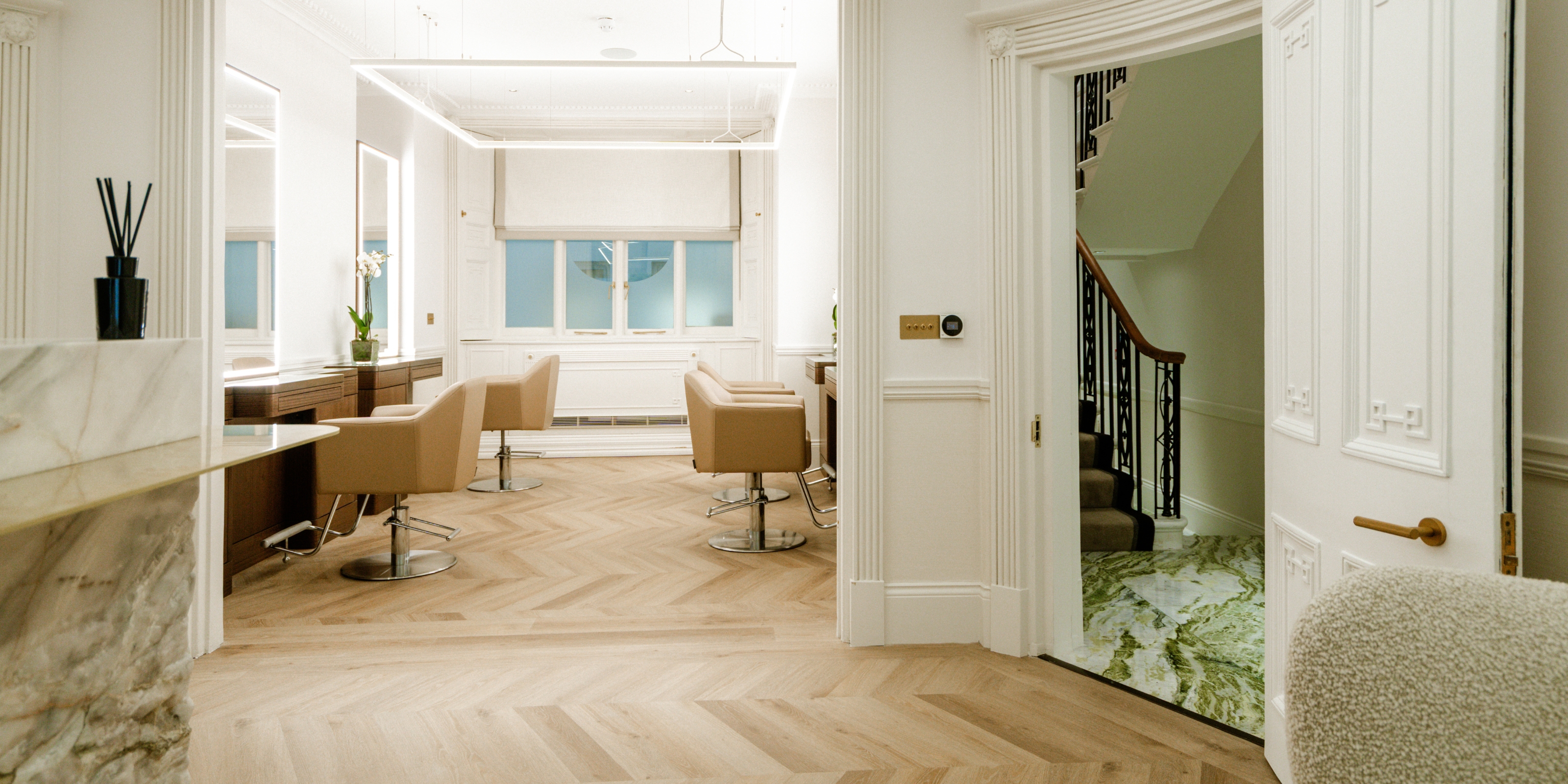 I Got a First Look at The Six, London's Hottest New Wellness Destination — With 5-Figure Design Furniture, Original Artwork, and a Prada-Style Palette
I Got a First Look at The Six, London's Hottest New Wellness Destination — With 5-Figure Design Furniture, Original Artwork, and a Prada-Style PaletteHoused in a Grade II-listed townhouse, the Mayfair hub injects character and intimacy back into the hairdressing experience through sleekly crafted interiors signed by Argent Design
-
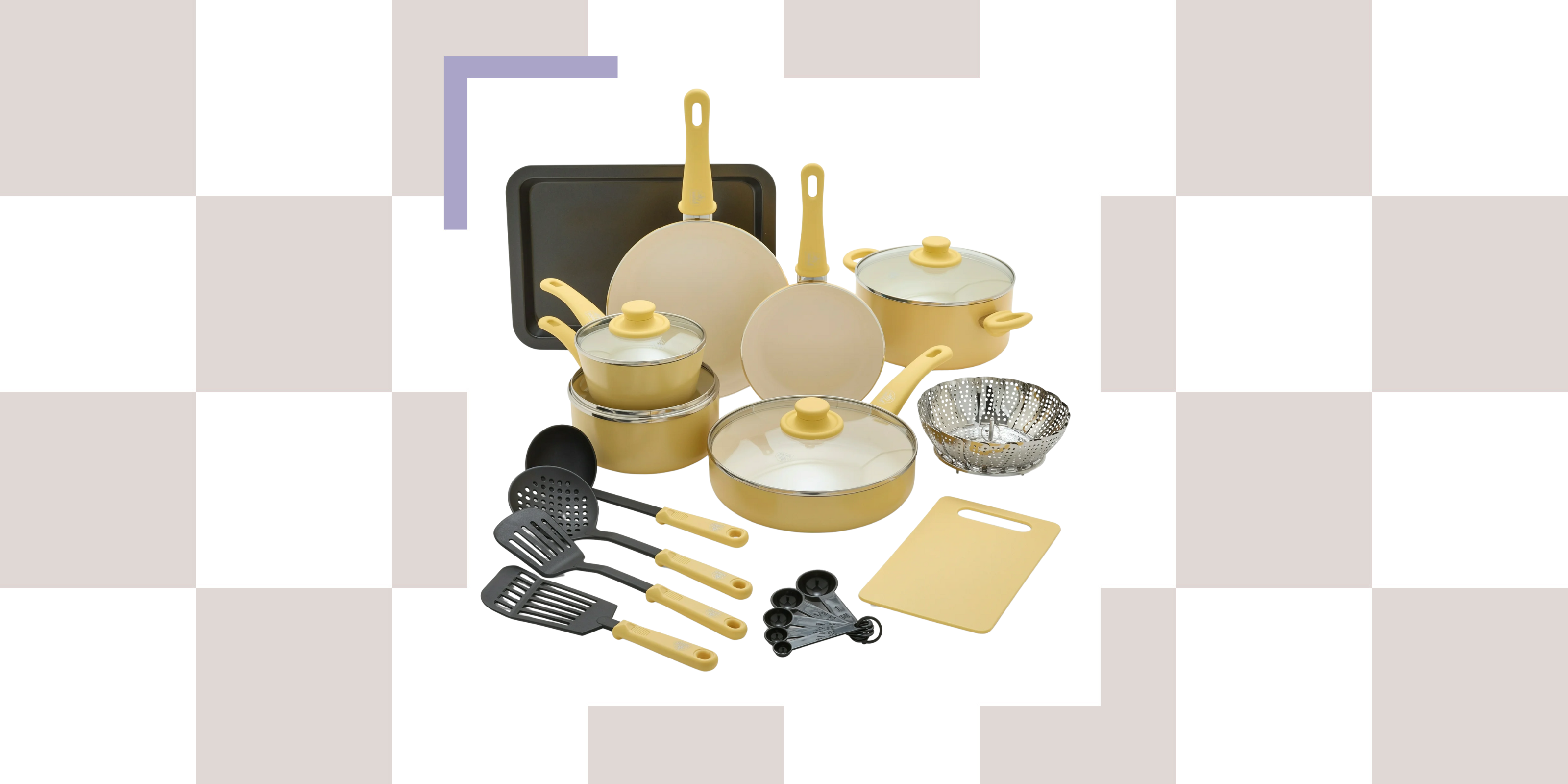 Butter Yellow in the Kitchen Just Makes Sense, but This Stylish 18-Piece Cookware Set Seals the Deal (and It's Less Than $100)
Butter Yellow in the Kitchen Just Makes Sense, but This Stylish 18-Piece Cookware Set Seals the Deal (and It's Less Than $100)It includes two frying pans, two sauce pans, a sauté pan and so much more, all in the delectable shade — what could be better?
